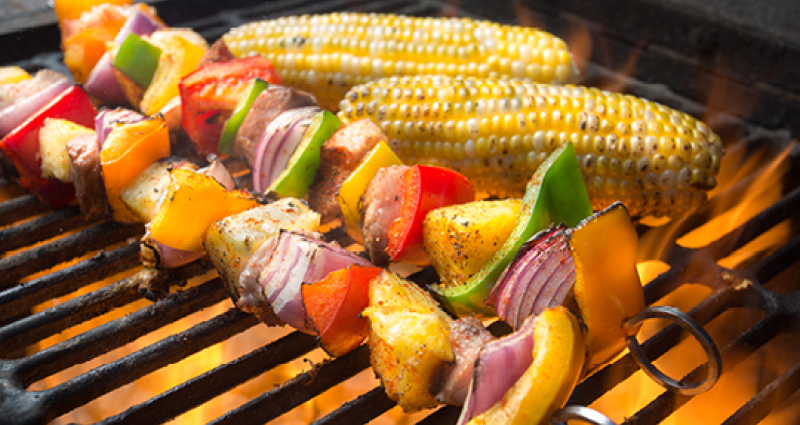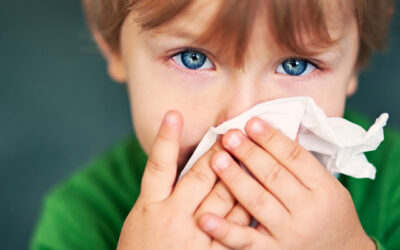Summer is made for outdoor gatherings. Picnics in the park, poolside potlucks and long afternoons grilling in the backyard. But when the sun’s blazing and the forecast is sizzling, food safety can’t be an afterthought.
Warmer temperatures and higher humidity create ideal conditions for bacteria to multiply fast. And that means that the same potato salad that made everyone smile at noon could make them sick by dinner.
So, how do you enjoy the flavors of summer without food poisoning? It starts with knowing the risks and what you can do to avoid them.
The Danger Zone Is 40 to 140 Degrees
Bacteria thrive in what the USDA calls the “Danger Zone” — between 40°F and 140°F. Foods left out in this temperature range for more than two hours (or just one hour if it’s over 90°F) can become unsafe to eat.
This applies to a lot of summer favorites:
- Grilled meats
- Deviled eggs
- Pasta and potato salads
- Dips and dressings
- Anything made with mayonnaise, dairy or eggs
Once food enters the Danger Zone, harmful bacteria like Salmonella, E. coli or Listeria can multiply quickly even if the food still looks and smells fine.
Coolers Are Your Best Friend
Whether you’re heading to the park or hosting in your backyard, cold foods need to stay cold. Use a well-insulated cooler with plenty of ice packs or frozen water bottles to maintain a safe temperature. Pack perishable items at the bottom and open the cooler only when necessary.
If hot foods are on the menu, they should be kept hot (above 140°F) until served. Slow cookers, chafing dishes or insulated carriers can help. And don’t forget that leftovers need to be refrigerated promptly, too.
Avoid the Sit Out and Snack Trap
It’s tempting to leave food out so guests can graze, but those lingering trays and open-air buffets are where trouble often starts. Instead
- Serve smaller portions and restock from the cooler as needed
- Toss any perishable items that have been sitting out too long
- Encourage guests to dish up while it’s fresh and then chill the rest
Good Hygiene Still Matters
Handwashing, clean utensils and safe prep practices are just as important outside as they are in your kitchen. Bring hand sanitizer or wipes when a sink isn’t nearby, and always use separate plates for raw and cooked meats.
When in Doubt, Throw It Out
No one wants to waste food, but it’s not worth risking your health. If you’re unsure whether something’s still safe to eat, it’s better to let it go. Food poisoning can be more than an inconvenience, especially for young children, older adults or anyone with a weakened immune system.




